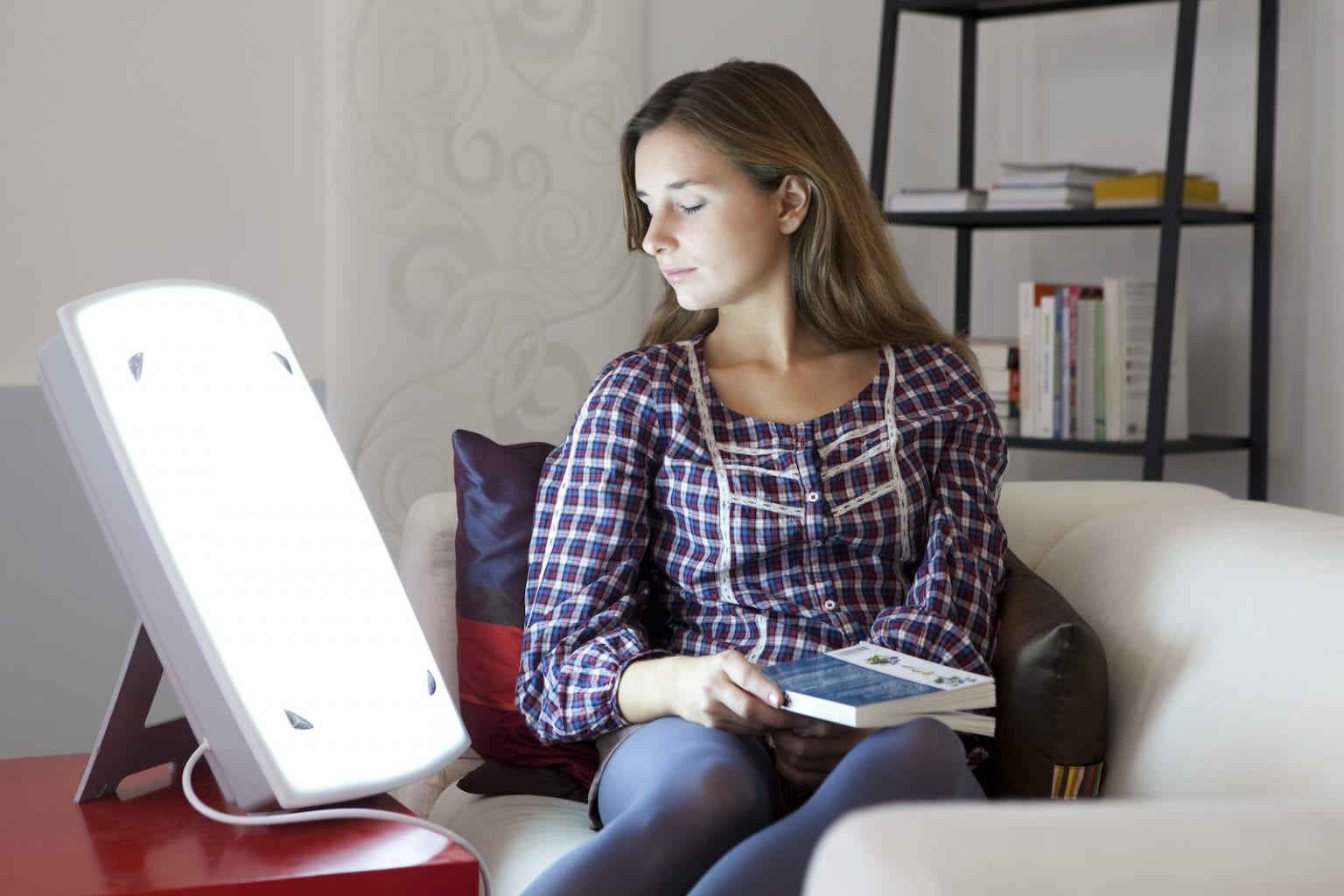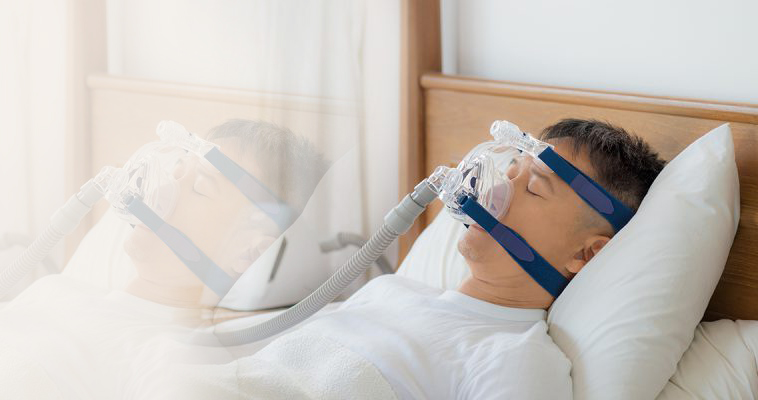Advanced Sleep Therapy - Achieve Deep, Restful Sleep
Advanced Sleep Therapy - Achieve Deep, Restful Sleep
Blog Article
Efficient Treatment Solutions for Managing Rest Disorders and Enhancing Restful Rest
In the realm of health care, the monitoring of rest conditions and the mission for peaceful sleep are essential components of overall well-being. As we navigate the elaborate landscape of sleep conditions and look for to boost our sleep experience, a deeper understanding of these therapy options might hold the trick to unlocking a more refreshing and meeting restorative journey.
Cognitive Behavior Treatment for Sleep Problems (CBT-I)
Cognitive Behavior Therapy for Sleep Problems (CBT-I) is an organized, evidence-based treatment technique that concentrates on resolving the underlying variables adding to rest disturbances. This sort of therapy aims to modify behaviors and thoughts that exacerbate sleeping disorders, inevitably advertising healthy rest patterns. CBT-I generally includes a number of vital parts, including cognitive therapy, sleep restriction, stimulus control, and sleep hygiene education.
Cognitive therapy assists individuals identify and change negative thought patterns and ideas concerning sleep that may be hindering their capacity to fall or stay asleep. Sleep limitation includes limiting the quantity of time spent in bed to match the individual's real sleep period, consequently boosting sleep performance (cognitive behavioral therapy for insomnia (CBT-I)). Stimulus control methods help develop a solid organization between the bed and rest by motivating individuals to head to bed just when sleepy and to prevent engaging in stimulating tasks in bed
Additionally, sleep health education and learning concentrates on establishing healthy rest routines, such as preserving a consistent sleep timetable, developing a relaxing bedtime regimen, and maximizing the sleep atmosphere. By attending to these factors thoroughly, CBT-I provides an efficient non-pharmacological treatment for managing sleeping disorders and boosting overall sleep quality.
Rest Hygiene Practices
Having established the foundation of cognitive restructuring and behavior modifications in dealing with sleep problems with Cognitive Behavioral Treatment for Sleeplessness (CBT-I), the focus currently moves towards checking out vital Rest Health Practices for preserving optimum rest quality and total wellness.
Sleep health techniques encompass a range of habits and environmental variables that can substantially influence one's capability to drop off to sleep and stay asleep throughout the night. Regular sleep and wake times, creating a relaxing bedtime routine, and maximizing the rest atmosphere by maintaining it dark, peaceful, and cool are essential components of excellent sleep hygiene. Restricting exposure to screens prior to going to bed, avoiding energizers like caffeine close to bedtime, and participating in normal physical activity during the day can likewise promote better rest top quality.
Furthermore, exercising leisure strategies such as deep breathing workouts or reflection before bed can aid calm the mind and prepare the body for sleep. By incorporating these sleep health techniques right into one's everyday regimen, people can establish a healthy sleep pattern that sustains peaceful rest and overall wellness.
Relaxation Techniques and Mindfulness
Carrying out relaxation strategies and mindfulness practices can play an essential duty in promoting a feeling of calm and promoting top quality rest. sleep disorder treatment. These methods intend to peaceful the mind, reduce stress, and develop an optimum setting for restful rest. One commonly practiced technique is deep breathing exercises, where people concentrate on slow, deep breaths to unwind the mind and body. Modern muscle mass relaxation entails tensing and afterwards launching each muscle group, promoting physical leisure. In addition, assisted imagery can assist transport people to a tranquil area in their minds, aiding in stress decrease and boosting rest high quality.
By incorporating these methods right into a going to bed regimen, people can signal to their bodies that it is time to prepare and take a break for rest. On the whole, incorporating leisure methods and mindfulness methods can considerably add to handling rest problems and boosting overall rest top quality.

Medicine Options for Sleep Disorders
After exploring relaxation strategies and mindfulness techniques as non-pharmacological interventions for improving sleep top quality, it is vital to take into consideration medicine alternatives for individuals with sleep conditions. In instances where lifestyle changes and treatment do not give sufficient alleviation, medicine can be an important device in taking care of sleep disruptions.
Commonly recommended medicines for sleep conditions include benzodiazepines, non-benzodiazepine hypnotics, antidepressants, and melatonin receptor agonists. Antidepressants, such as trazodone, can be useful for individuals with co-occurring depression and rest disruptions - insomnia therapy.
It is crucial for people to talk to a doctor to identify one of the most ideal medication option based on their certain sleep disorder and medical history.
Light Therapy for Body Clock Law
Light therapy, additionally called photo-therapy, is a non-invasive treatment method used to control body clocks and improve sleep-wake cycles. This treatment entails exposure to intense light that resembles natural sunshine, which helps to reset the body's inner clock. By exposing people to specific wavelengths of light, generally in the morning or evening depending upon the preferred result, light treatment can successfully readjust the circadian rhythm to promote wakefulness throughout the day and boost restful rest in the evening.
Study has shown that light therapy can be specifically beneficial for people with body clock disorders, such as delayed rest phase disorder or jet more information lag. It can why not check here additionally be helpful for those experiencing seasonal depression (SAD), a type of depression that generally occurs throughout the winter season when all-natural light direct exposure is reduced. Light therapy is generally well-tolerated and can be made use of in conjunction with various other treatment approaches for rest problems to optimize results and enhance overall sleep quality.
Verdict
To conclude, reliable therapy services for taking care of rest conditions and enhancing relaxed sleep consist of Cognitive Behavior modification for Insomnia (CBT-I), rest health techniques, leisure strategies and mindfulness, drug options, and light treatment for circadian rhythm policy. These strategies can aid individuals boost their sleep high quality and total well-being. It is essential to talk to a doctor to identify the most suitable technique for addressing sleep problems.
As we navigate the detailed landscape of sleep disorders and seek to boost our rest experience, a home much deeper understanding of these treatment solutions might hold the trick to opening an extra relaxing and meeting restorative trip.
Sleep limitation entails limiting the amount of time spent in bed to match the person's actual sleep duration, consequently boosting sleep efficiency. Consistent sleep and wake times, producing a relaxing going to bed routine, and maximizing the rest environment by keeping it dark, quiet, and cool are critical elements of excellent sleep hygiene. Light treatment is generally well-tolerated and can be made use of in combination with other treatment methods for rest disorders to enhance results and improve general sleep high quality.

Report this page